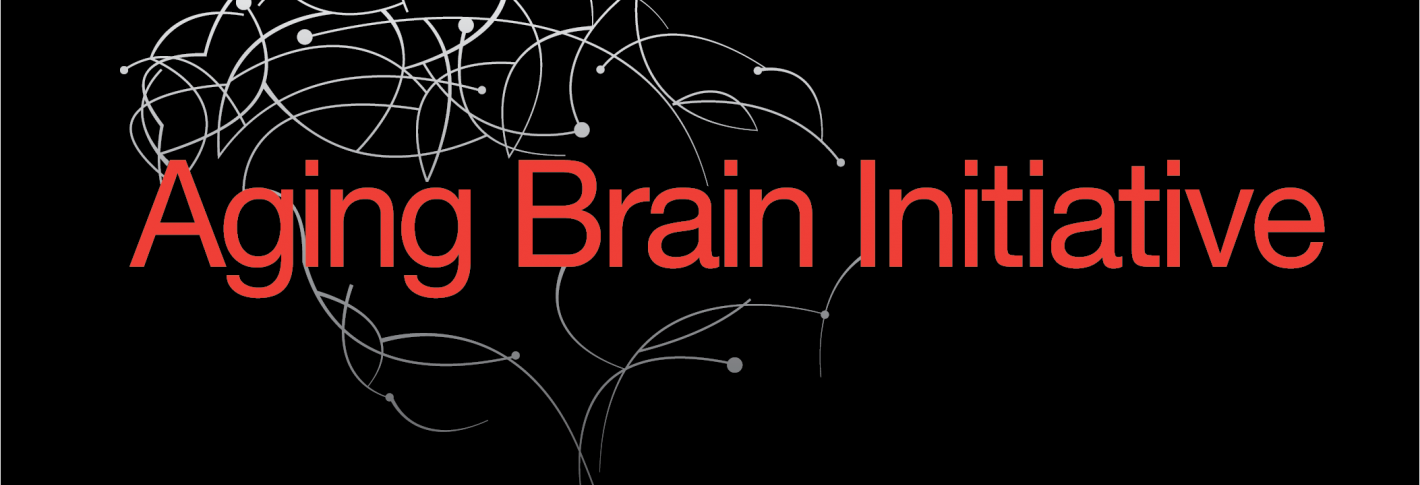Aging Brain Seminar with Andrew S. Yoo, PhD, Washington University School of Medicine
-
Date: Monday, May 12, 2025
-
Time: 4:00pm
-
Location: 46-3310, Picower Seminar Room
Modeling Late-Onset Neurodegeneration Via MicroRNA-Mediated Neuronal Reprogramming
The Yoo lab's primary goal is to uncover the genetic pathways driving neurogenesis and develop strategies to generate human neurons by directly converting non-neural cells like fibroblasts. We use this approach to model aging of neurons and its link to late-onset neurodegenerative disorders. Our work focuses on brain-enriched microRNAs, miR-9/9* and miR-124, which trigger the direct conversion of fibroblasts into neurons while preserving the cellular age signature. This allows us to create age-matched neurons for studying adult-onset disorders such as Alzheimer’s disease and Huntington’s disease.
Andrew Yoo received his bachelor's degree in Neurophysiology from McGill University and his PhD in Genetics and Development from Columbia University. He conducted his postdoctoral work at Stanford University, focusing on the role of the BAF chromatin remodeling complex during neural development. There, he discovered how microRNAs instruct the function of BAF complexes during neurogenesis and demonstrated the potency of microRNAs as regulators of cell fate. His lab developed high-efficiency conversion methods to generate human neurons using microRNAs as cell-reprogramming effectors and to model late-onset neurodegeneration using patient-derived neurons. His work has been recognized with multiple awards, including the Presidential Early Career Award for Scientists and Engineers (PECASE) from the White House, the NIH Director's New Innovator Award, the Mallinckrodt Scholar Award, and the HDF Transformative Research Award.




